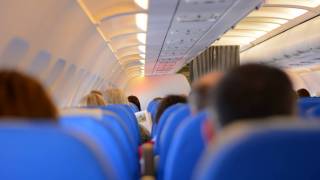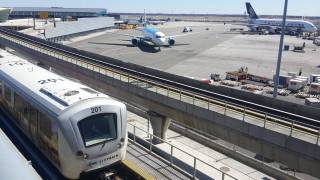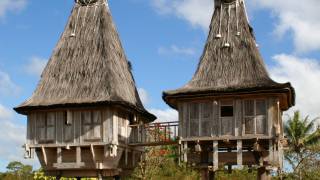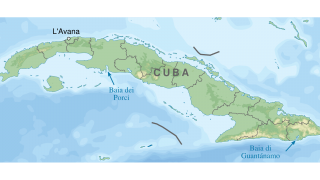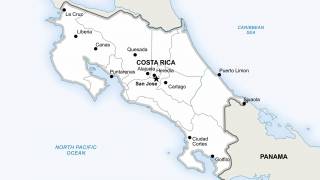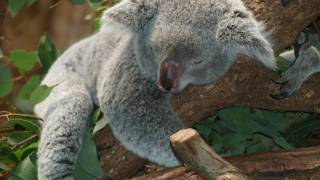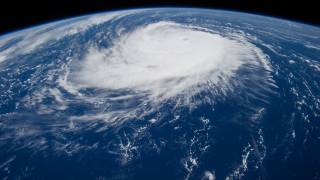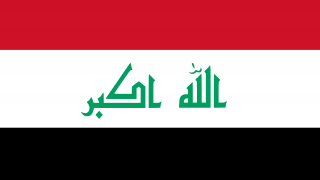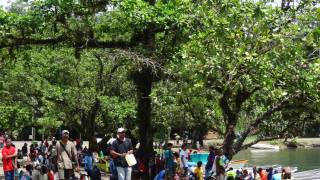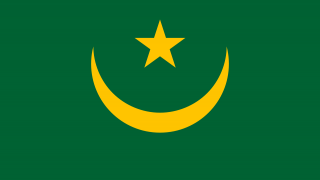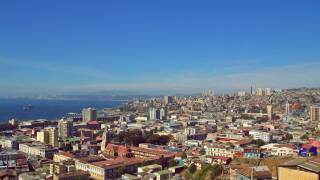China’s Lunar New Year May Expand the 2019-nCoV Outbreak

Wuhan Municipal Commission of Health reported that they have discovered 17 additional cases of pneumonia related to a novel Coronavirus strain, now called 2019-nCoV.
Of these individuals, 3 were reported in serious condition by the Wuhan Jinyintan Hospital, on January 18, 2020.
In total, the city of Wuhan, located in central China, has reported over 62 cases, 82 people are still receiving medical observations, and 2 fatalities related to 2019-nCoV, which was initially identified during late December 2019.
Additionally, sources have told the South China Morning Post (SCMP) that at least 2 suspected cases have been reported in the south China city of Shenzhen, and another case in the city of Shanghai, which is located in eastern China.
The two people in Shenzhen are currently in quarantine at the Third People’s Hospital, which specializes in the treatment of infectious diseases, reported SCMP on January 18, 2020.
Officials at the World Health Organization (WHO) became concerned about this coronavirus outbreak when 2019-nCoV cases were detected in Japan and Thailand among people who had recently visited the city of Wuhan.
The WHO said in a statement ‘this indicates a possible transmission of the virus among humans.’
To expedite the diagnosis process, Chinese health authorities posted the full genome of the so-called 2019-nCoV in GenBank the NIH genetic sequence database, which enables broad access to health officials and scientists.
In response, health authorities worldwide are now adopting various strategies to prevent further spread of the virus.
As an example, the US Centers of Disease Control and Prevention (CDC) announced on January 17th that arriving passengers coming from Wuhan will be screened for 2019-nCoV at the Los Angeles International Airport (LAX), San Francisco International Airport (SFO) and John F. Kennedy International Airport (JFK) in New York.
The SFO and JFK airports are the only two in the USA that receive direct flights from Wuhan. LAX was added to the screening because of a large number of passengers flying into LAX who are indirectly coming from Wuhan, said Dr. Martin Cetron, director of the CDC’s division of global migration and quarantine in the press call.
Furthermore, this screening challenge will soon be intensified as the Chinese Lunar New Year launches on January 21st for 40 days.
According to China media, the annual ‘Spring Festival’ estimates people will make 3 billion trips before March 1st.
Dr. Nancy Messonnier, with the CDC, when speaking to the media on January 17th, said ‘Public health officials worry whenever a new virus arrives on the scene because there are no treatments for it and they don’t know how people will react to the illness.’
To notify international travelers, the CDC issued various travel health notices during early January 2020.
Coronaviruses, in particular, are alarming because of previous outbreaks of Middle East Respiratory Syndrome (MERS) and Severe Acute Respiratory Syndrome (SARS).
China’s 2003 outbreak of SARS was believed to have originated through animal-to-human transmission and may have led to 800 related fatalities worldwide.
‘Those (virus outbreaks) were quite complicated, with many people getting ill,’ Dr. Messonnier said. ‘Understanding that this 2019-nCoV pathogen looks — at least from a genetic perspective — like those pathogens make us especially worried.’
‘Plus, no one has any immunity to a new virus to protect them,’ Dr. Messonnier said.
Who is actually being screened?
‘Arriving passengers will answer questions about any respiratory symptoms and also have their temperature taken. Those arriving passengers whose symptoms don’t match up with the new coronavirus will not be detained.’
‘Patients with worrisome symptoms will be transported to a nearby location for further testing and more questioning. This process could take hours.’
‘Currently, samples have to be shipped to CDC and tested in reference labs. And the speed with which that turn around occurs will continue to improve over time as we get these laboratory processes up and running for throughput,’ Dr. Cetron said.
On January 17th, the CDC announced about 100 additional staff to supplement existing staff at quarantine stations. U.S. Quarantine Stations serve to limit the introduction of infectious diseases into the USA.
To help clarify this new screening procedure, the New York State Department of Health (NYSDOH) issued a Health Advisory alerting healthcare providers to the new arriving passenger Customs and Border Protection (CBP) guidelines, on January 17, 2020.
‘Although the virus transmission dynamics have yet to be determined, the CDC currently recommends a cautious approach to Person Under Investigation (PUI) for 2019-nCoV.’
This NYSDOH alert said ‘Healthcare providers should immediately notify both infection control personnel at their healthcare facility and their local or state health department in the event of diagnosing a PUI for 2019-nCoV.’
Separately, the WHO is encouraging all countries to enhance their surveillance for severe acute respiratory infections (SARI), carefully review any unusual patterns of SARI, and to notify the WHO of any suspected or confirmed case of infection with the novel coronavirus.
Media reports indicate Thailand, Malaysia, and Japan are already monitoring international airports that receive flights from Wuhan.
At this time, the WHO does not recommend any specific health measures for travelers. In case of symptoms suggestive of respiratory illness before, during or after travel, the travelers are encouraged to seek medical attention and share travel history with their healthcare provider.
And, the WHO advises against 'any travel or trade restrictions on China based on the information currently available.'
As of January 18, 2020, the US Food and Drug Administration has not approved coronavirus preventive or therapeutic vaccines.
Moreover, the WHO has listed 2019-nCoV as top target for vaccine development, by the Coalition for Epidemic Preparedness Innovations, and has published interim testing guidance on January 17, 2020.
Coronavirus international news published by Vax-Before-Travel.
Our Trust Standards: Medical Advisory Committee








